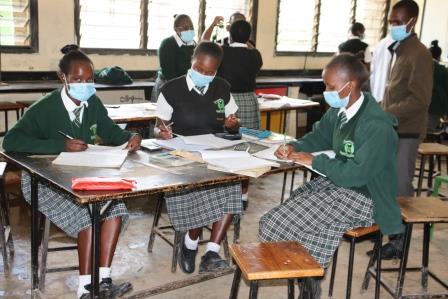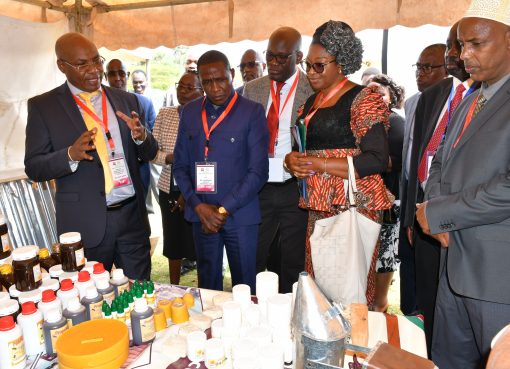Environmental experts in Kilifi have cautioned the public against using recycled plastic products, noting that they contain higher levels of toxic chemicals, harmful to the human body.
For many years, recycling has been used as a way of reducing the amount of plastic waste in the environment and oceans, but recent studies show that the process may be causing more harm than good.
Speaking to the media, Pwani University Associate Professor in the Department of Environmental Sciences, Professor Okeyo Benards, explained that during the recycling process, some of the chemicals in the plastics change to be even more toxic than they were in the previous plastic compound.
This in turn, he says, leads to recycled plastics being more dangerous to human bodies, than the old ones.
“Recycling remains an option in reducing the quantity of plastics in the environment but in terms of chemical pollution and rate of toxicity, they are even more toxic than the old plastic”, the Professor said.
He warned people against burning plastic waste in their residential areas, as it leads to the release of dangerous fumes into the air, that is not safe when inhaled.
According to Prof. Benards, the best way to manage plastics, is by reducing the amount of plastic products used in households and burning plastic waste in a safe place by those concerned.
“If you have any waste that has plastic, please do not burn it. Set aside the plastic waste and let it be collected by the County workers who have incineration structures for burning such waste materials “, Prof. Benards emphasized.
Ashley Kazungu, a student pursuing a Master’s degree in Environmental Science at Pwani University, explained the need for people to reduce the amount of plastics in their households, to protect themselves from the adverse health effects caused by the products.
“The most important thing that we can do as a society, is to reduce the amount of plastic that we use. If you do not need plastic, please do not use it. Especially when serving hot drinks, beverages and food”, Kazungu said.
She emphasized the need for people to unite to fight the country’s plastics crisis, to preserve our health and environment for ourselves and future generations.
By Cynthia Maseno and Jackson Msanzu





